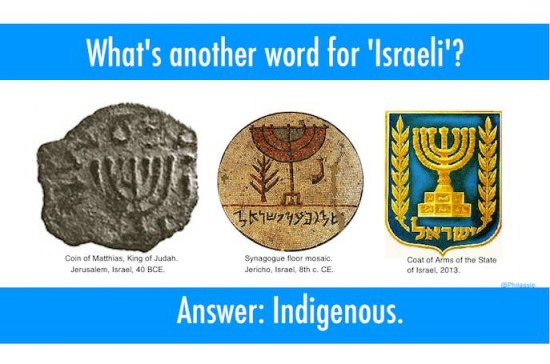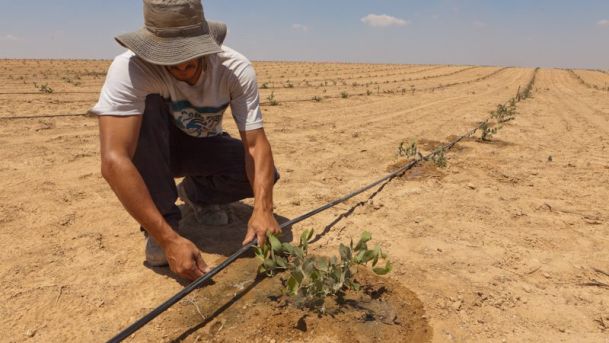Israel and the Jewish people’s right to live in their homeland, Israel, is often unfairly questioned. Today is the UN’s International Day of World’s Indigenous Peoples. Especially on a day like today, it is important to remember that Jews are a people indigenous to the land of Israel.
Here are some of the main aspects of Jewish heritage that serve as testimonies to the indigenous roots of Jews in the land of Israel:
The holy sites of Israel

The Jewish people’s connection and longing to visit Jewish sites are a part of the ancient relationship to the land. Jews today return to their holy sites in Israel, for example the Kotel, also known as the Western Wall. The Western Wall was the only part of the Jewish Holy Temple that remained after it was destroyed by the Roman Empire in 70 BCE. Following the destruction of the Holy Temple, the Jews were exiled from Israel. While in exile, the Jews yearned to return to Israel and connect with their holy sites as they still do today. In 1967, when the Israeli Paratroopers breached the walls to the Old City of Jerusalem during the Six Day War, the connection to the Western Wall was reignited. The Jews celebrated their newfound freedom to once again visit a site so significant to their history in the land, and holy in their religious practice.
The Hebrew language

Hebrew is a semitic language, spoken in ancient Israel by the Jewish people. The Torah, the Old Testament of the Jewish people, has been preserved in its natural Hebrew form. The Jewish people lost their tradition of speaking the Hebrew language while in exile outside of Israel. In the 1880’s, Eliezer Ben Yehuda revived the ancient language of Hebrew by beginning to speak it with his family and introducing it back into Israel’s Jewish population. It was revived, and is now spoken as the modern language of Israel as well as by Jews around the world.
A knowledge system tied to the land

The Torah, the book of the Jewish people, serves as a system of knowledge for Jews on its history and common values. Orthodox Jews read and regard the Torah a rule book and spiritual guide on how to conduct daily life. However, the Torah is studied by Jews across the spectrum-it is by no means exclusive to “religious” Jews. Advanced schools of secular Torah study, such as Bina, exist as well. The Torah is a natural part of the Jewish identity for many and its content is deeply connected to the land of Israel.
A belief that constantly unifies the people

The idea of Zionism, the desire to return to the Jewish homeland, is a belief that unifies the Jewish people. While Jews have been dispersed around the world during times of exile, the focus on the land of Israel is at the core of the Jewish people’s identity.
Special relationship to and use of the land itself

Israelis appreciate the mere dirt and dust of the land. In Israel, agriculture is a significant aspect of culture. Between kibbutzim, communities highly based on agricultural work, and Ben Gurion’s legacy to make the Negev desert bloom, Israelis are culturally tied to the land itself and dedicated to making it continuously grow.
Necessity of the land for the physical and cultural survival of the people

Time and again, the Jewish people have been persecuted. The Jews were enslaved in Egypt, were exiled from Spain during the Spanish Inquisition, were persecuted during the Farhud in Iraq, and were slaughtered throughout Europe during the Holocaust. Today, anti-Semitism and anti-Zionism are spreading across college campuses in America and across Europe. Jews have the right to physical and cultural survival in the land that is historically their own.
Contributed by CAMERA Intern Penina Simkovitz.

